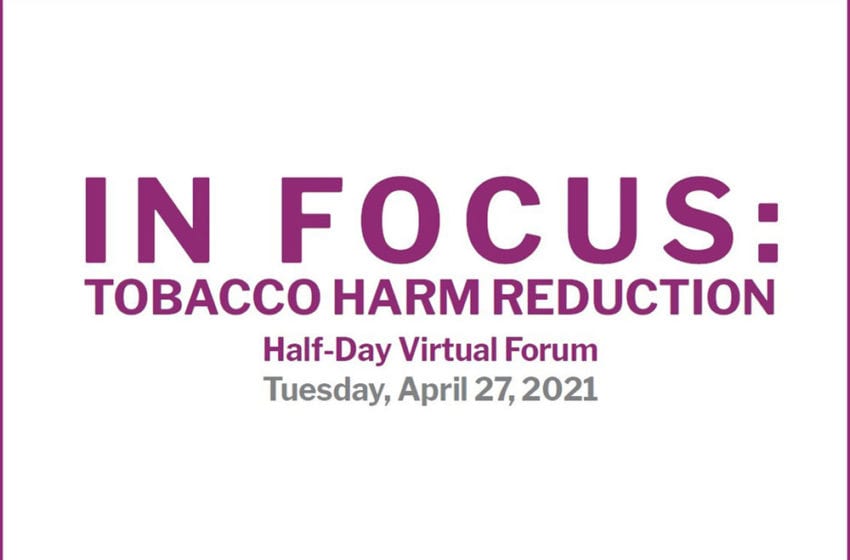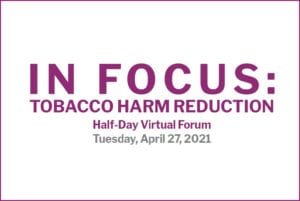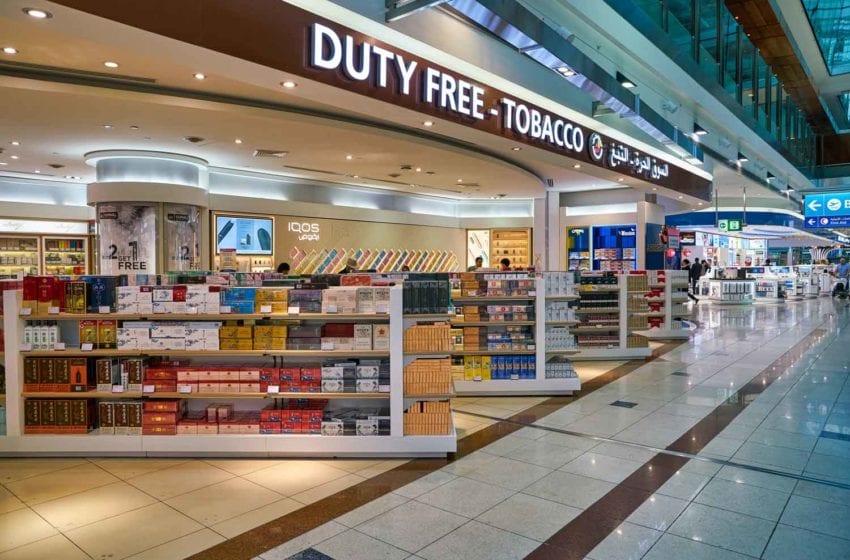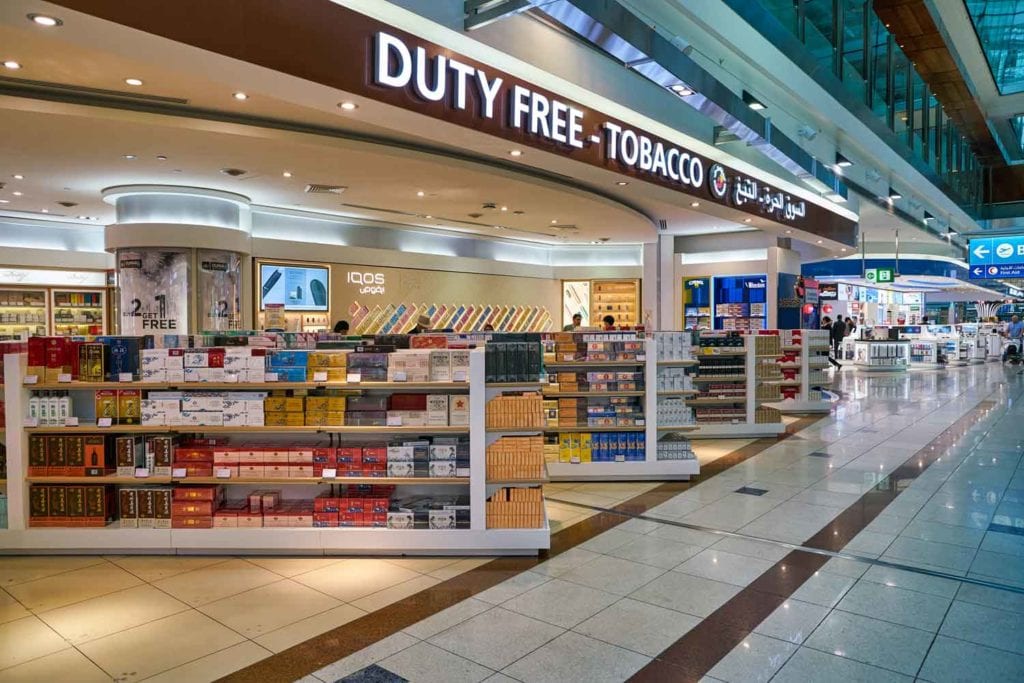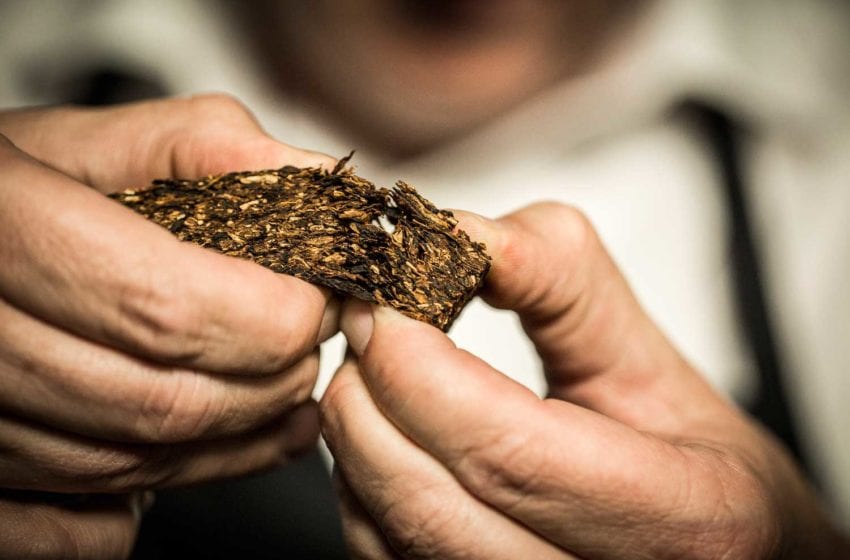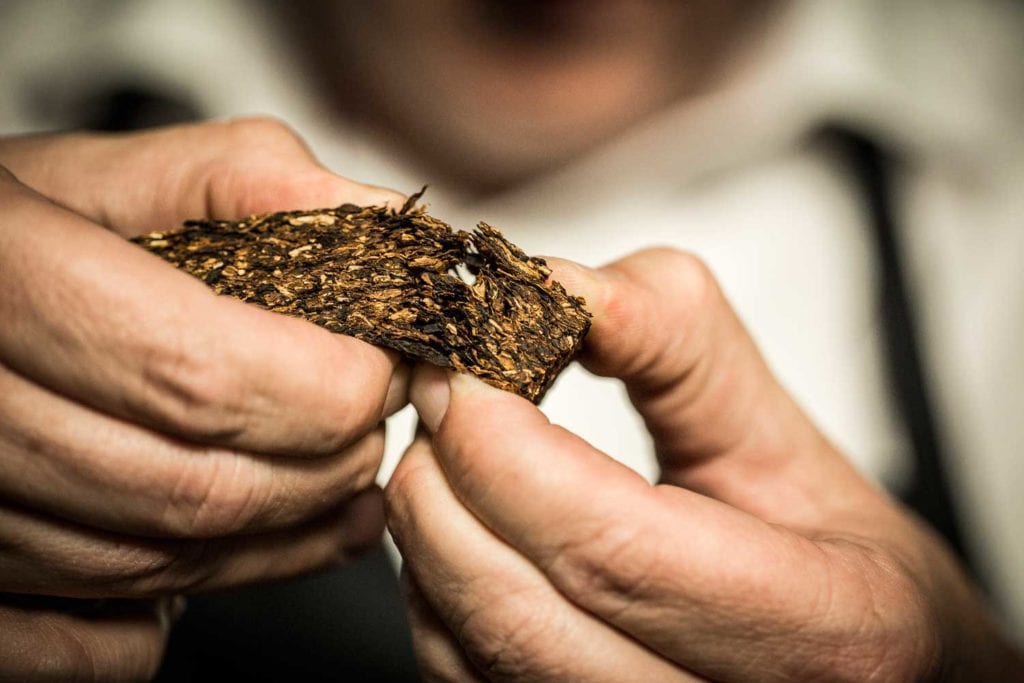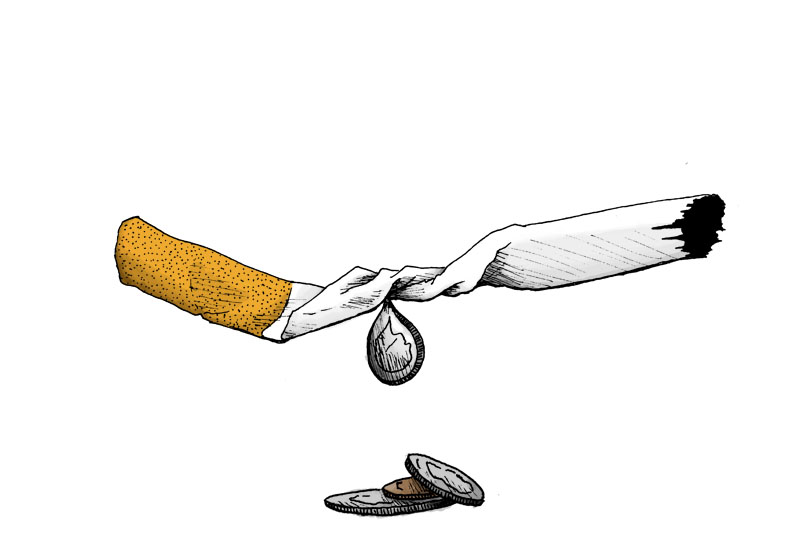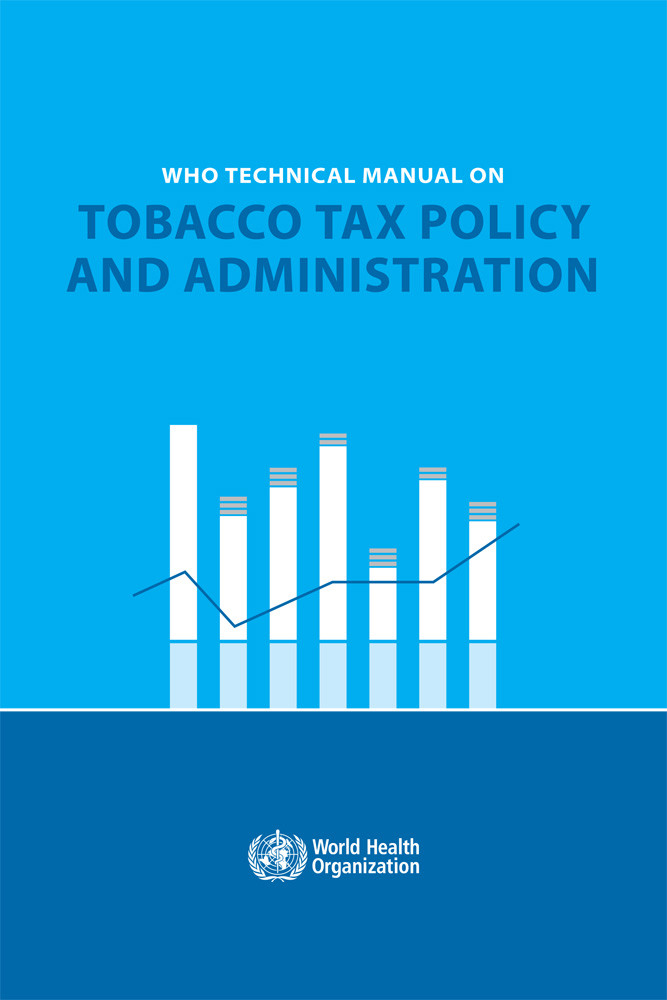Other proposed measures include setting a minimum price for tobacco, licensing all tobacco and vaping retailers and reducing nicotine in tobacco products to “low levels.”
The prospect of limiting the amount of nicotine in tobacco would require input from tobacco companies and “whether that’s a sort of product that they think could be offered commercially.”
“Some tobacco companies have said that they support a smoke-free goal and are putting their efforts on vapes, and I hope that they will see this as a positive development,” said Verrall.
Health advocates applauded the proposals. Boyd Swinburn, chairman of advocacy group Health Coalition Aotearoa, said the recommendations were likely “game-ending” for tobacco.
“There is clear evidence that restricting retail availability is a central strategy for reducing the damage from all harmful products,” he said.
“Several options to achieve this are outlined in the government’s proposals, and we need to ensure that there is a just transition for small business owners, like dairies, to exit tobacco retail.”
Others were less enthusiastic, saying the measure would boost illicit trade. ACT Party social development spokeswoman Karen Chhour said the proposed measures would mean smokers who are less able to afford their habits would end up spending more.
“As a former smoker, I have to say I’m sick and tired of this government trying to socially engineer us into changing our behavior,” she said.
“There’s a strong argument, too, that this will drive up the trade of black market tobacco with high nicotine, driving those addicted to cigarettes to turn to crime to feed their habit.”
22nd Century Group, a U.S. company specializing in very low nicotine content tobacco, welcomed New Zealand’s proposals, saying it is fully prepared to support the country in its efforts to become a smoke-free nation by 2025.
“New Zealand has made great progress since announcing their goal of becoming smoke-free by 2025, but in order for the country to finally achieve success, it is imperative that the amount of nicotine in cigarettes is reduced 95 percent to ‘minimal levels,’” said James A. Mish, chief executive officer of 22nd Century Group, in a statement.
22nd Century said it initially engaged with public health researchers in New Zealand in 2016 when the country announced its goal of becoming smoke-free, leading the New Zealand Medical Journal to publish a letter recommending 22nd Century’s reduced nicotine content cigarettes as an “important smoking reduction tool.”
New Zealand has played a key role in past smoking reduction initiatives that have eventually been adopted globally. Other countries, including Australia and Canada, as well as the World Health Organization are expected to call for lower nicotine levels too.
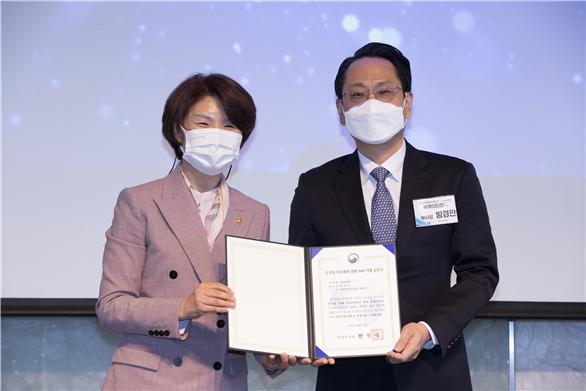




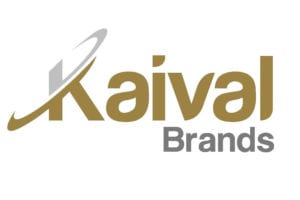 Bidi Vapor successfully completed the regulatory process to enter seven additional international markets, bringing the total of new international countries open for distribution to 11.
Bidi Vapor successfully completed the regulatory process to enter seven additional international markets, bringing the total of new international countries open for distribution to 11.